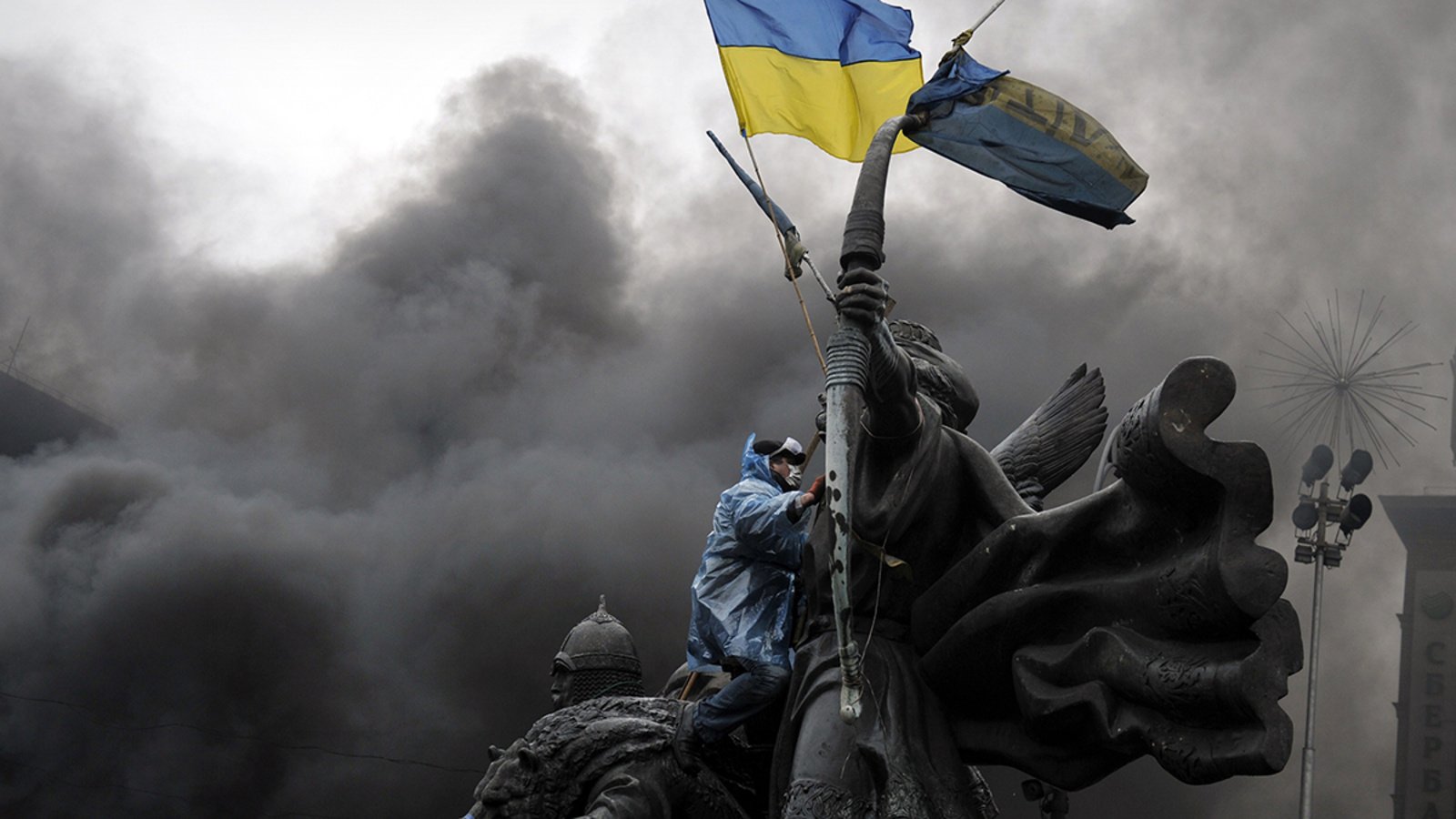The world is constantly evolving, with global events, international conflicts, and shifting diplomatic relations shaping the course of history. Staying informed about these developments is crucial for understanding the broader implications on politics, economics, and security. Here’s a deep dive into some of the most pressing global issues today.
1. Ongoing Geopolitical Conflicts
- Russia-Ukraine War: The war continues to have widespread effects on global politics, energy supplies, and economic stability.
- Middle East Tensions: Conflicts in the Middle East, including the Israeli-Palestinian issue and Iran’s regional influence, remain key global concerns.
- South China Sea Dispute: Territorial disputes in the South China Sea involve China, neighboring countries, and the U.S., impacting international trade and security.
2. The Role of Major Powers in Global Politics
- United States: As a dominant global player, U.S. foreign policy decisions on NATO, trade agreements, and security alliances impact global affairs.
- China’s Rise: China’s economic expansion and political influence are reshaping global trade and diplomatic relations.
- European Union: The EU’s role in global diplomacy, climate policies, and economic strategies remains crucial in balancing power dynamics.
3. Economic Shifts and Global Markets
- Inflation and Recession Risks: Rising inflation rates, economic slowdowns, and policy responses by major economies affect global financial stability.
- Supply Chain Disruptions: Events like pandemics, trade restrictions, and conflicts have reshaped supply chain dynamics worldwide.
- BRICS and Emerging Markets: Emerging economies in BRICS nations (Brazil, Russia, India, China, and South Africa) are playing an increasingly significant role in global finance and trade.
4. Climate Change and Global Cooperation
- Paris Agreement and Climate Policies: Nations are working towards carbon neutrality, but challenges in implementation persist.
- Natural Disasters and Humanitarian Crises: Climate-induced disasters are leading to food shortages, displacement, and economic strain.
- Renewable Energy Initiatives: Global investments in clean energy are shaping the future of sustainable development.
5. The Future of International Relations
- Diplomatic Alliances and Rivalries: The balance of power among nations continues to shift, affecting international treaties and cooperation.
- Cybersecurity and Technological Conflicts: Cyber warfare and data security are becoming central issues in international relations.
- Human Rights and Global Policies: Advocacy for human rights and democratic values remains a significant global focus.
Final Thoughts
Understanding global events and conflicts is essential for grasping how international relations impact economies, security, and global stability. As the world continues to change, staying informed is key to making sense of the complex web of diplomacy, politics, and economic policies.



